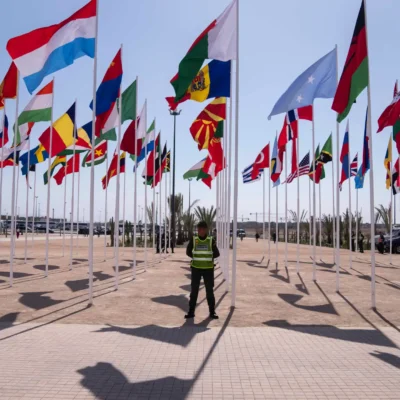The Israeli–Palestinian conflict is still ongoing as of July 2024. Israel’s economy has suffered due to the war, with many industries experiencing a pause in operations while some continue to receive new investments.
Here is the timeline of how Israel economy lookalike all this time amid war:
1. According to reports, Israel’s government has been subsidizing the salaries of 360,000 mobilized reservists who have been sent to Gaza since October 2023. Many of these individuals work in high-tech industries like finance, artificial intelligence, pharmaceuticals, and agriculture.
2. The Bank of Israel revised downward its estimates for economic growth to 2% per year for 2024, down from 2.8%, and estimated the war’s “gross effects” on Israel at 198 billion shekels ($53 billion) in November 2023.
3. Israel’s Finance Ministry estimated in December that if the war’s high-intensity phase ends in the first quarter of 2024, Israel would probably lose about $13.8 billion. (Since the war is still ongoing, the numbers must have gone high).
4. The Israeli tourism industry, which contributed 21.6% of GDP in 2019 before the pandemic and 11.1% in 2021, is arguably the one that has suffered the most from this conflict.
5. Since the start of the conflict, the construction industry, which makes up 14% of Israel’s GDP, has suffered greatly. Building projects have been put on hold nationwide since October, and Israel has permanently suspended work permits for Palestinians, who account for 65–70% of the labor force in the country’s construction industry.
6. Since the war, about 20% of Israelis say that their household income has been negatively impacted to a “large” or “very large” extent.
7. According to business information company CofaceBDI, up to 60,000 Israeli businesses are predicted to close in 2024. Israeli businesses will have to deal with the fallout from this conflict through at least the end of the year.



